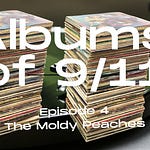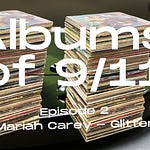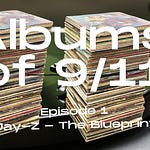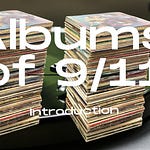As an older millennial, born in 1982 (an xennial if you will, although some people hate that term) my relationship with technology throughout my whole life has been watching it advance rapidly.
By the time I convinced my parents to get my first Nintendo, Super Nintendo and Sega Genesis were already released. I learned to type in junior high on a typewriter and by the time I got to high school typing class was exclusively on computers. (Do they even have typing classes anymore?? Or do we assume kids will learn to type while in diapers now?). And of course the changes in the way I consume music have been extreme. I bought my first album on cassette tape, then went through CDs, downloading mp3s, iPods, iPod nanos, streaming, Spotify, and TikTok.
Now something has come along that may be the most dramatic change in how music gets made, that I’ve seen in my lifetime.
AI.
AI and music has been in the news a lot over the past year thanks to several AI generated songs going viral. The companies that created the AI tools used to make a lot of those viral hits – Suno and Udio - have just been hit with lawsuits filed by the major record companies alleging copyright infringement. It’s an exciting and weird time for music and technology. Is AI music bad for the world, or is it just bad?
I’m certainly no technology expert but I’m fascinated about all of this from both a music history perspective and as a lover of music. So I sat down with someone to talk about all things going on in the world of music and AI, music theory professor Christopher White. Professor White and I discuss why the music that AI makes isn’t that great, it’s potential to get better, and what the future for AI and music may hold.










